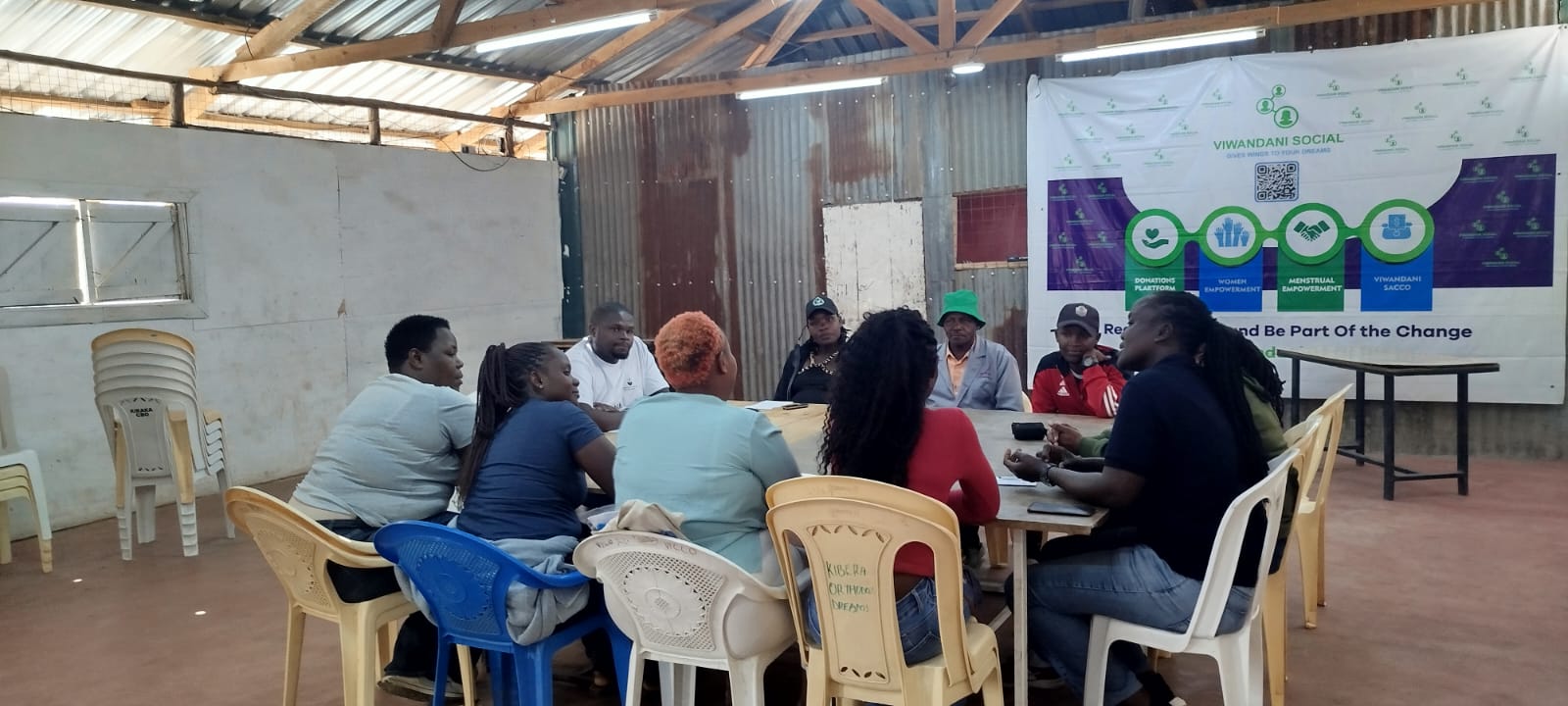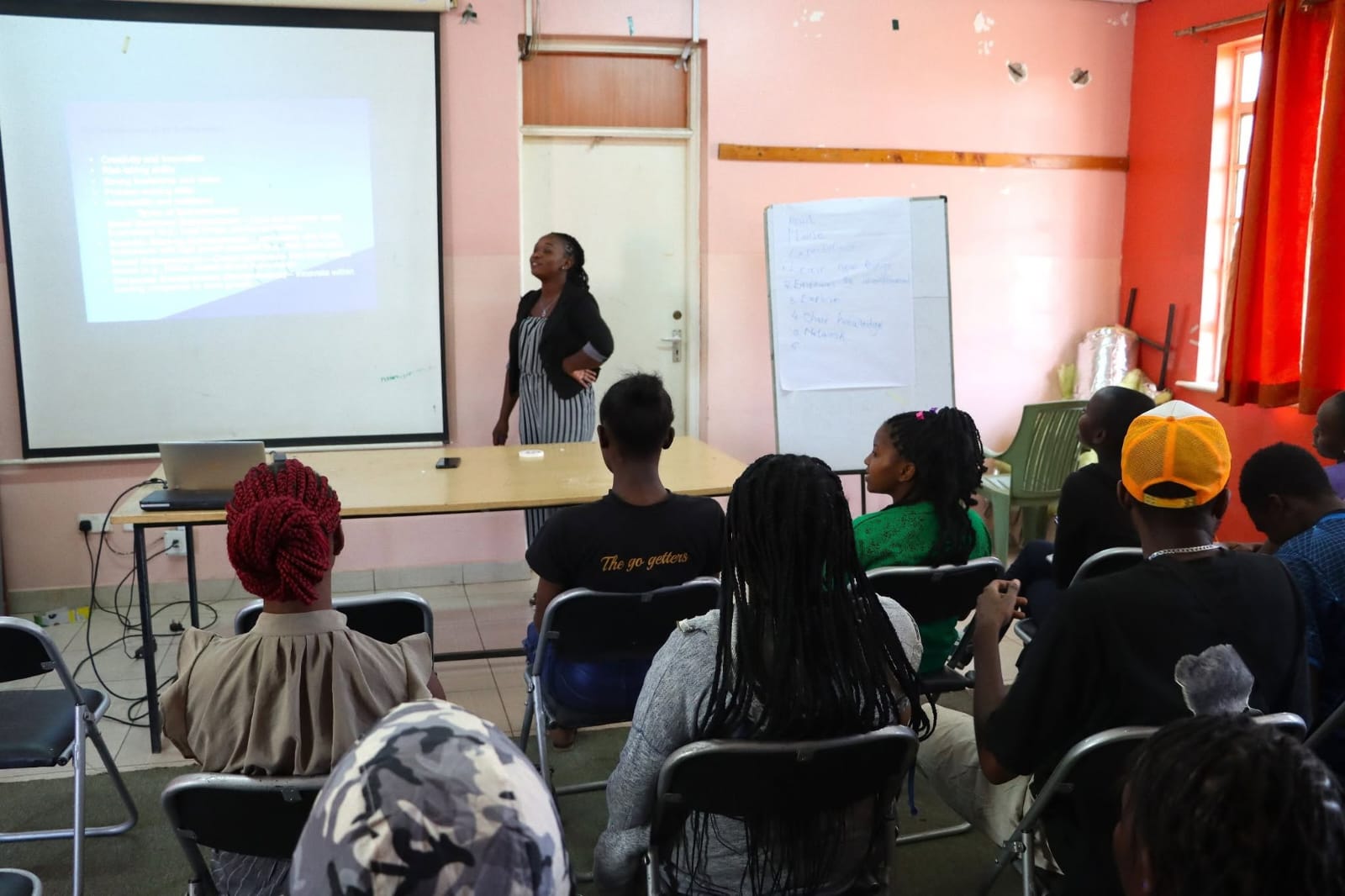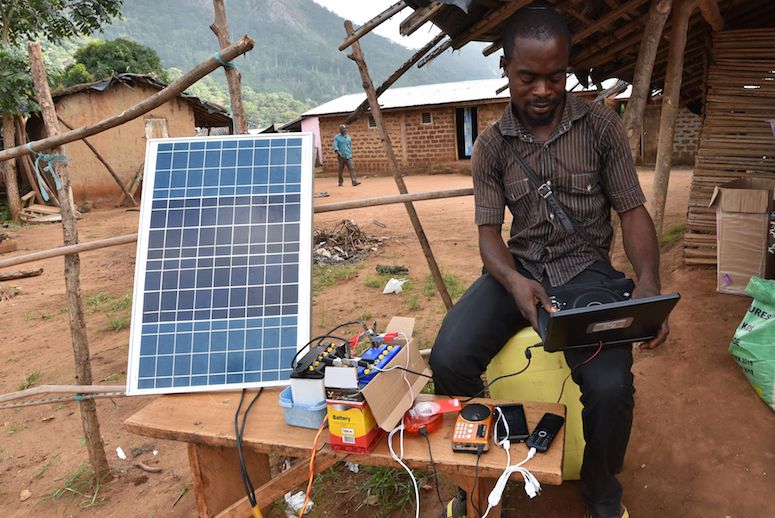FALSE: Photo does not show the drought situation in Embolioi, Kajiado County, in October 2022
PARTLY FALSE: This image is not of a pro-refugee protest in France in 2016
The image was taken in 2015 in Brussels, Belgium, during a solidarity march welcoming refugees.

This Facebook post with images contrasting a 2016 pro-refugee protest supposedly in France with the 2023 riots in the country is PARTLY FALSE.
“I see that worked out great for them. France 2016 vs 2023,” the post reads.
The claim was published after a wave of protests swept France following the shooting of a 17-year-old teenager by a police officer in Nanterre, Paris. The claim appears to blame the protests on refugees in France.
We performed a reverse image search on Yandex and established that the top image with a banner reading: “They are not dangerous, they are in danger! Refugees welcome” was taken in 2015 in Brussels, Belgium.
The image was featured in a 27 September 2015 article with the headline: 15,000 join “Refugees Welcome” solidarity march in Brussels.
15,000 join “Refugees Welcome” solidarity march in Brussels
Between 15,000 and 20,000 people have joined a march to support the refugees coming into Belgium. On a sunny afternoon…
www.vrt.be
The second image is from the recent protests in France and depicts firefighters extinguishing burning vehicles during the riots. The credit is to Reuters photographer Stephanie Lecocq.
France riots: Who was Nahel M – the 17-year-old teen shot dead by police in Nanterre?
Massive protests and riots rocked across France, especially in the neighbourhood of Nanterre in Paris, after the…
www.tbsnews.net
PesaCheck has looked into a Facebook post with images contrasting a 2016 pro-refugee protest supposedly in France with the 2023 riots in the country and finds it to be PARTLY FALSE.
This post is part of an ongoing series of PesaCheck fact-checks examining content marked as potential misinformation on Facebook and other social media platforms.
By partnering with Facebook and similar social media platforms, third-party fact-checking organisations like PesaCheck are helping to sort fact from fiction. We do this by giving the public deeper insight and context to posts they see in their social media feeds.
Have you spotted what you think is fake or false information on Facebook? Here’s how you can report. And, here’s more information on PesaCheck’s methodology for fact-checking questionable content.
This fact-check was written by PesaCheck fact-checker Peris Gachahi and edited by PesaCheck senior copy editor Cédrick Irakoze and acting chief copy editor Francis Mwaniki.
The article was approved for publication by PesaCheck managing editor Doreen Wainainah.
PesaCheck is East Africa’s first public finance fact-checking initiative. It was co-founded by Catherine Gicheru and Justin Arenstein and is being incubated by the continent’s largest civic technology and data journalism accelerator: Code for Africa. It seeks to help the public separate fact from fiction in public pronouncements about the numbers that shape our world, with a special emphasis on pronouncements about public finances that shape the government’s delivery of Sustainable Development Goals (SDG) public services, such as healthcare, rural development and access to water/sanitation. PesaCheck also tests the accuracy of media reportage. To find out more about the project, visitpesacheck.org.
PesaCheck is an initiative of Code for Africa, through its innovateAFRICA fund, with support from Deutsche Welle Akademie, in partnership with a coalition of local African media and other civic watchdog organisations.







